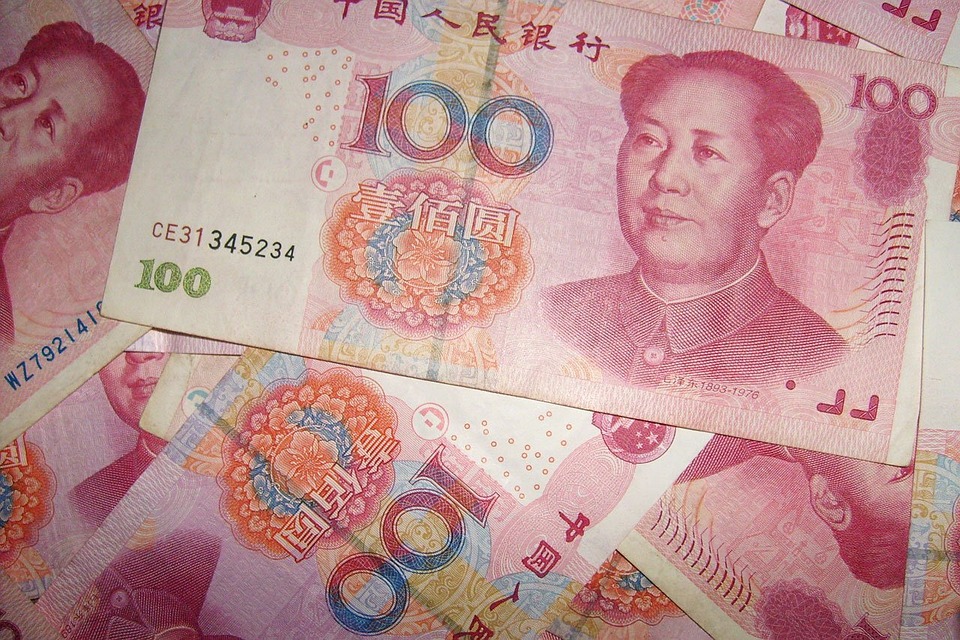The Origins of Maoist Theory
Mao Zedong, a Chinese communist revolutionary and founding father of the People’s Republic of China, developed Maoist theory as an adaptation of Marxist-Leninist ideology. Mao believed that in order to achieve socialism, a mass movement was necessary to overthrow the ruling class and establish a dictatorship of the proletariat. He also emphasized the importance of rural peasants as a revolutionary force, and argued for the reorientation of the Marxist concept of class struggle towards a focus on the struggle between the oppressed and the oppressors.
Maoist Theory in Practice
Throughout his leadership of the Chinese Communist Party, Mao put his theories into practice through various campaigns and movements. The most notable of these was the Great Leap Forward, an attempt to rapidly industrialize China through collectivization and forced agricultural production. While the Great Leap Forward resulted in widespread famine and economic disaster, Maoist theory continued to shape Chinese politics and society throughout the Cultural Revolution, a tumultuous period of political purges and social upheaval.
The Relevance of Maoist Theory in the 21st Century
Despite its checkered history, Maoist theory continues to be influential in leftist circles around the world, particularly in regions where anti-imperialism and class struggle remain central concerns. In countries such as Nepal, India, and the Philippines, Maoist parties and insurgent movements have emerged as major political forces, advocating for the overthrow of capitalist and colonial systems through armed struggle.
A Comparative Analysis
When comparing the relevance of Maoist theory in the 21st century to other leftist ideologies, several key differences and similarities emerge. One major distinction is the emphasis on armed struggle and revolutionary violence as a means of achieving social change. While some socialist movements prioritize electoral politics or grassroots organizing, Maoist parties tend to view armed revolution as the only viable path to power.
Another important factor is the role of the peasantry in revolutionary struggles. Maoist theory places a strong emphasis on the rural poor as a revolutionary force, drawing on the historical example of the Chinese peasant farmers who formed the backbone of the communist revolution. This focus on rural mobilization sets Maoist movements apart from other leftist groups that prioritize urban industrial workers as the vanguard of the proletariat.
Despite these differences, Maoist theory shares common goals with other socialist ideologies, such as the abolition of capitalism, the eradication of imperialism, and the establishment of a more just and equitable society. In this sense, Maoist theory can be seen as a continuation of the broader Marxist tradition, albeit with its own unique insights and strategies for revolutionary change.
Challenges and Criticisms
While Maoist theory has its adherents and supporters, it also faces significant challenges and criticisms in the 21st century. One major criticism is the tendency towards authoritarianism and repression in Maoist regimes, as seen in the history of Maoist governments in China, Cambodia, and elsewhere. Critics argue that the centralization of power and the suppression of dissent are inherent flaws of Maoist ideology, undermining its supposed commitment to social justice and liberation.
Another challenge is the failure of Maoist movements to adapt to changing social and economic conditions. In a globalized world marked by technological advancements and shifting geopolitical landscapes, traditional Marxist-Leninist models of revolution may no longer be effective or relevant. Some critics argue that Maoist parties are overly focused on outdated strategies of guerrilla warfare and armed struggle, neglecting more nuanced forms of political engagement and social change.
Conclusion
In conclusion, the relevance of Maoist theory in the 21st century remains a topic of debate and contention among scholars, activists, and policymakers. While Maoist parties continue to play a significant role in revolutionary movements around the world, they also face significant challenges and criticisms in an era marked by rapid technological change and complex global dynamics.
Ultimately, the future of Maoist theory may depend on its ability to adapt to new challenges and opportunities, while remaining true to its core principles of anti-imperialism, class struggle, and social justice. Whether Maoist ideology will endure as a viable alternative to capitalist hegemony or fade into obscurity remains to be seen, but its impact on the history of socialism and revolutionary thought is undeniable.




